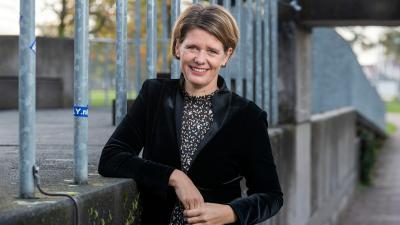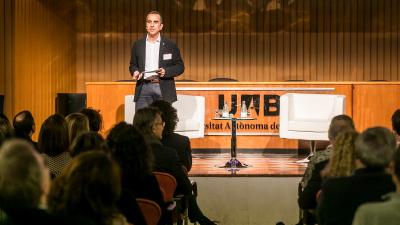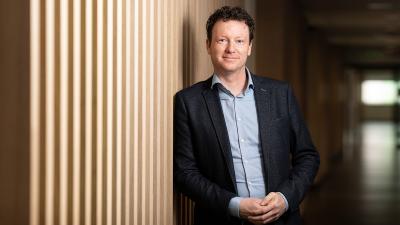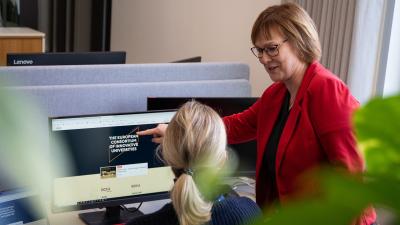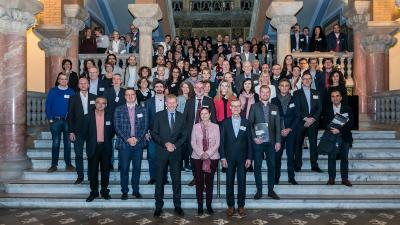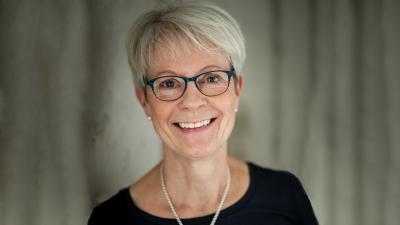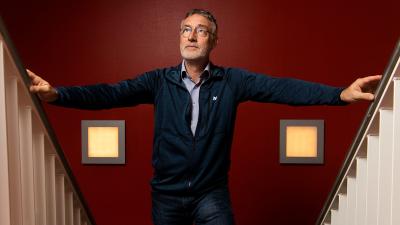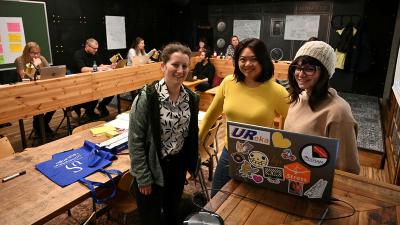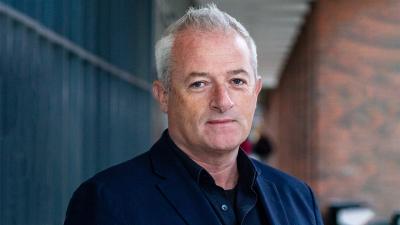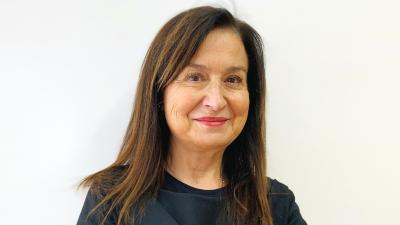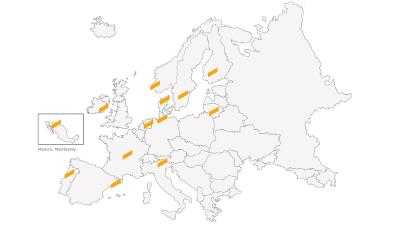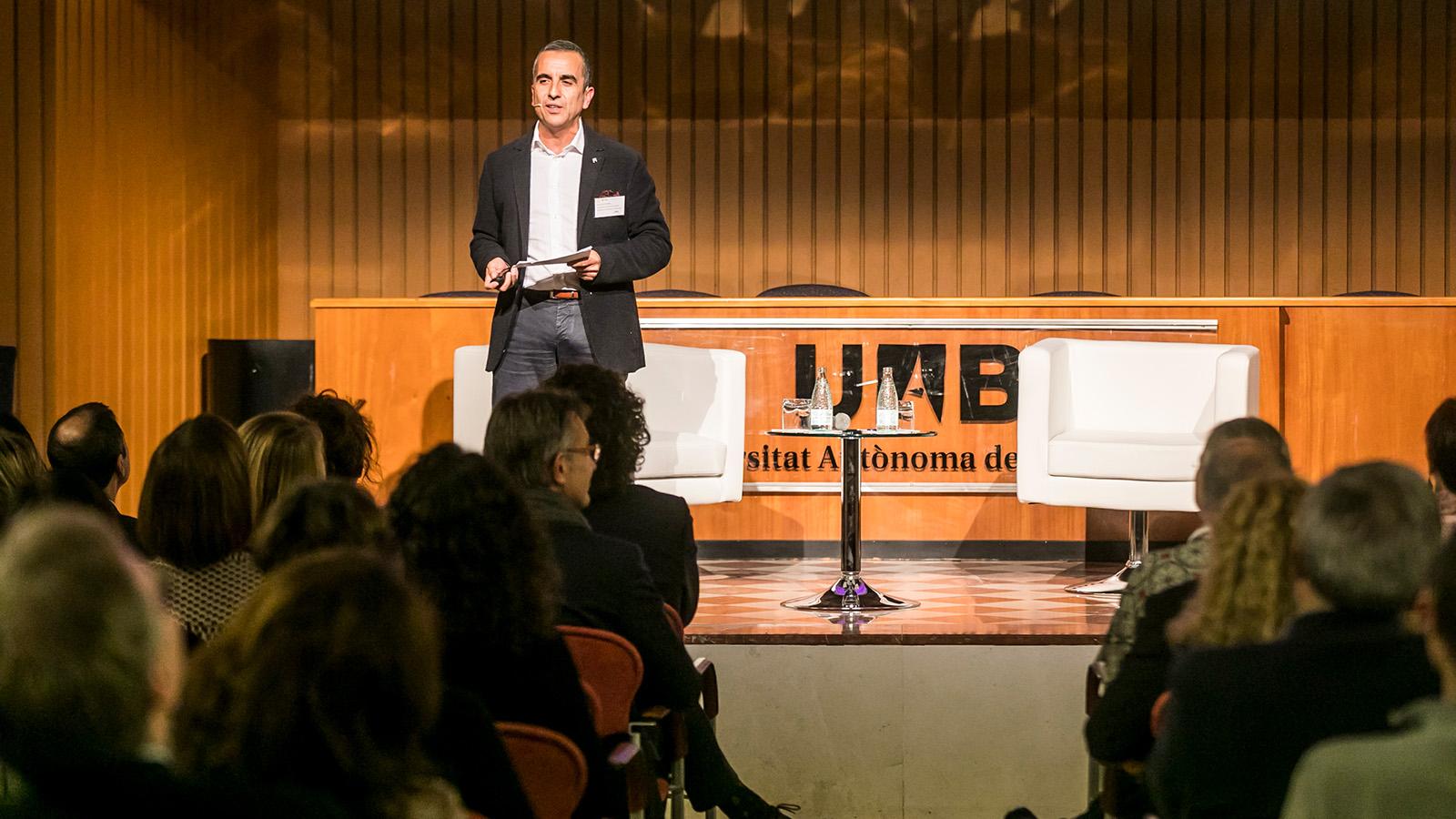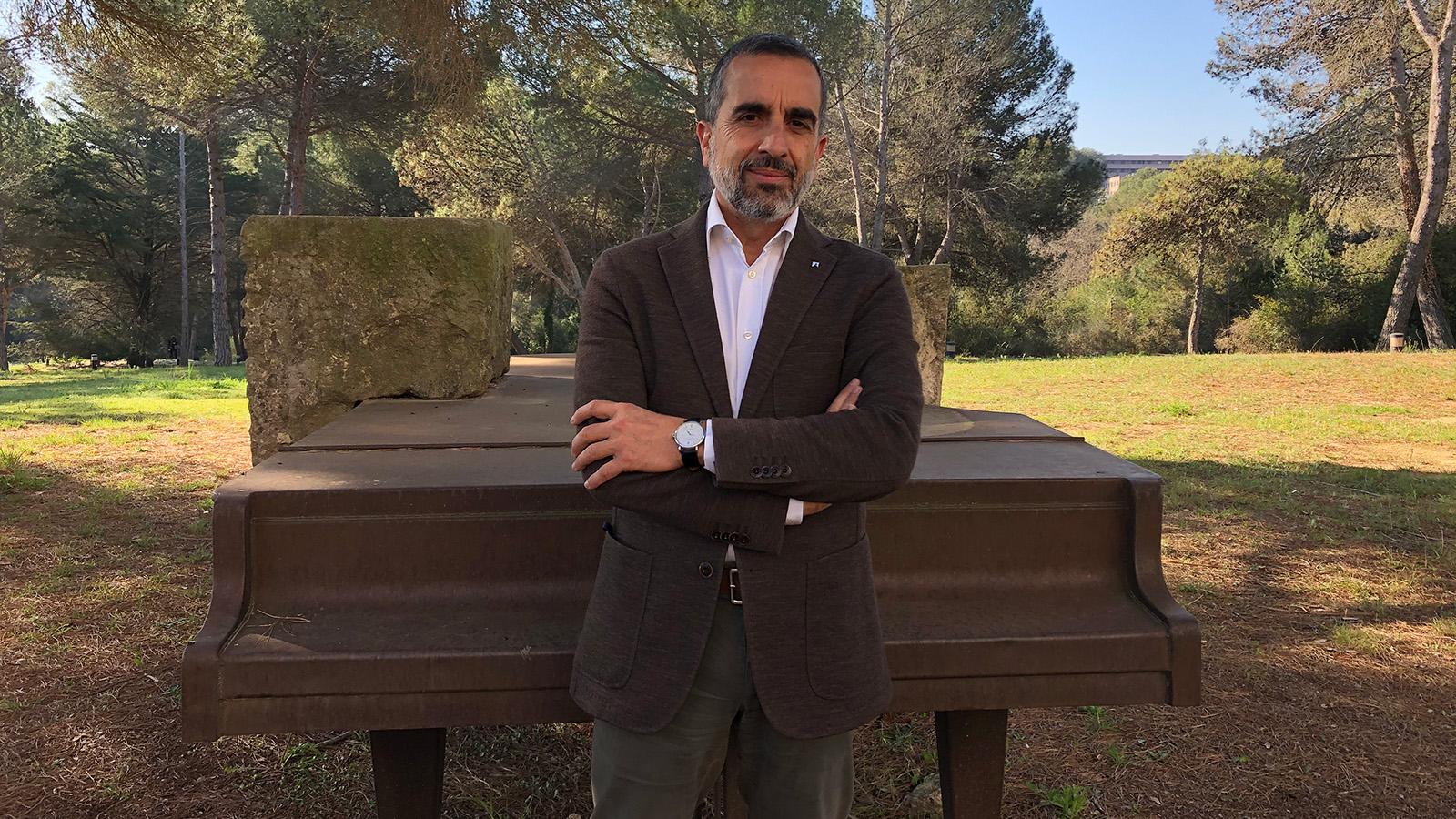Are there any obstacles to making the university a success?
‘Financial sustainability will be one of our main challenges. Yes, we have secured additional funding of €14.4 million but, divided over twelve universities, this amount is not quite sufficient. This can be solved partially by each university investing more but, we definitely need to find other sources of funding. Yes, many activities will be integrated within the participating universities, but some will only be provided by ECIU University, and therefore need to be financed externally.
The second main challenge is changing the mindset of all the partners. We’re not used to working in such a big consortium. We need to change our culture. Instead of only asking: what will the university bring me, we should also consider what each of us can contribute to ECIU University.’
How do you envision the future of the ECIU University?
‘Firstly, I imagine that we will create a new international arena for learning opportunities for citizens all over Europe. Secondly, I think it presents a great opportunity for innovation. At UAB, for example, we have aligned our strategy with the ECIU University strategy. I believe that is the best way to become compatible and sustainable. ECIU University is not unrelated to the partner universities, it should be intertwined.’
What type of developments can we expect in the next couple of years?
‘We are eager to have an attractive offer of micromodules, which should be available to all life-long learners. That is a big shift. We shouldn’t only think of our usual students, but also graduates, professionals and all other stakeholders. We also expect a good exchange of researchers and staff members to promote joint projects. On top of that, we aim to increase figures. We want more challenges, more modules, more learners, more teachers and stakeholders. We want to boost the involvement across the consortium.’
Do you see the future of ECIU University and ECIU consortium as one and the same?
‘That is indeed a good question. What is the relation between the consortium and the university? Until 2017, ECIU was a nice club organising activities and projects. We started a revolution. Now, ECIU is mainly about building a joint university, and I see that as its main task for the coming decade. The next stage of ECIU University will require a lot of involvement. Everyone is needed. And I truly believe that being involved in ECIU University is a fantastic privilege.’

